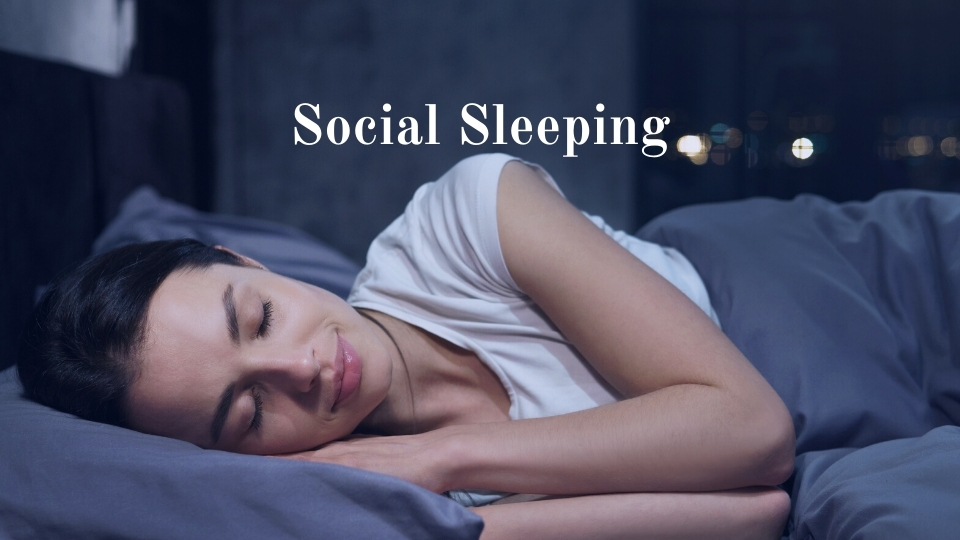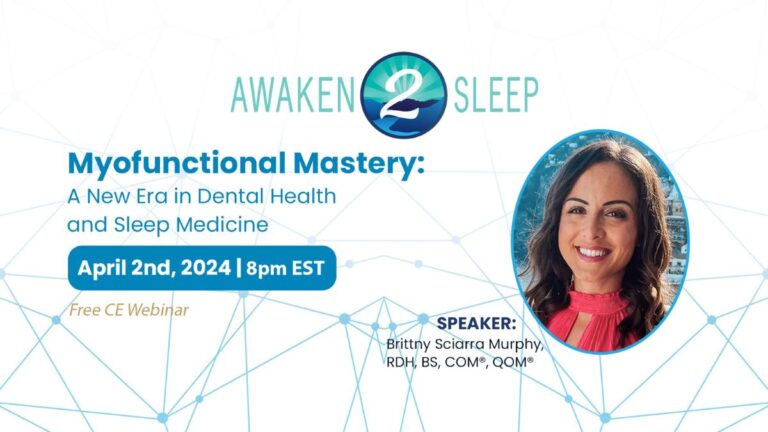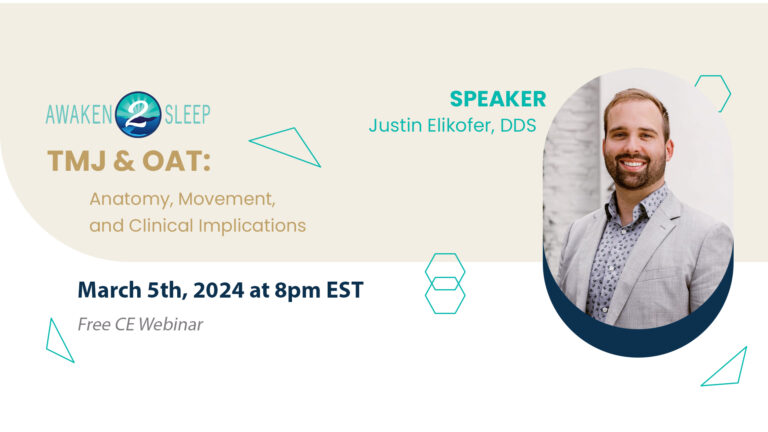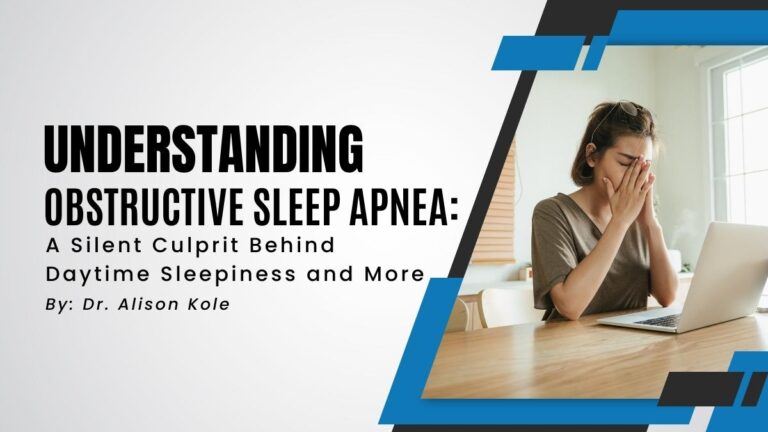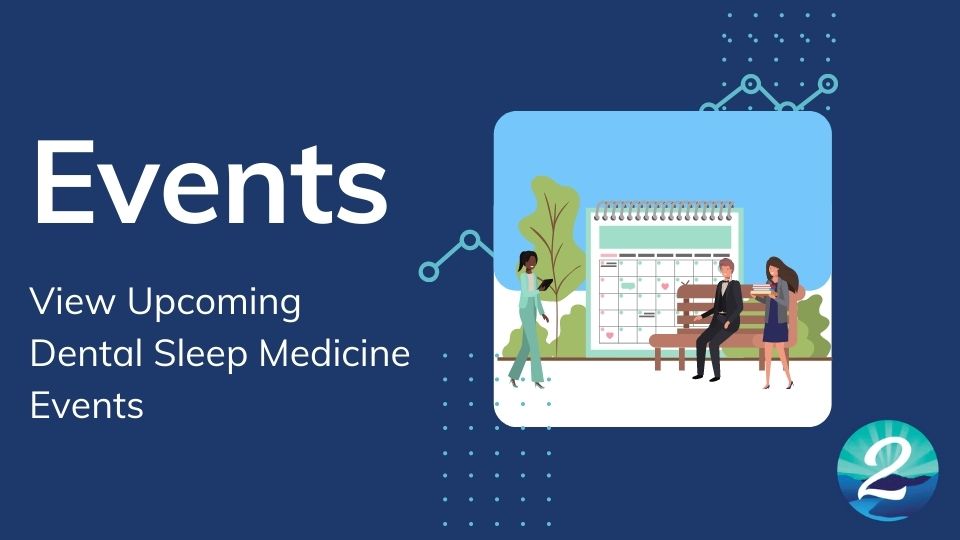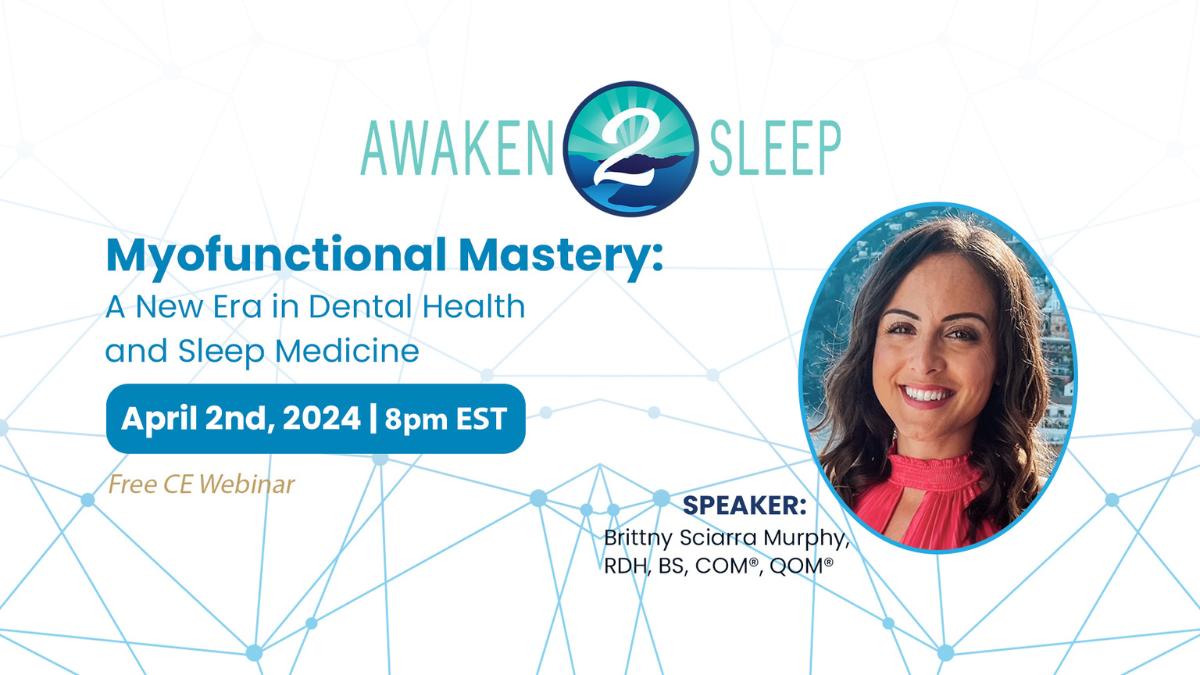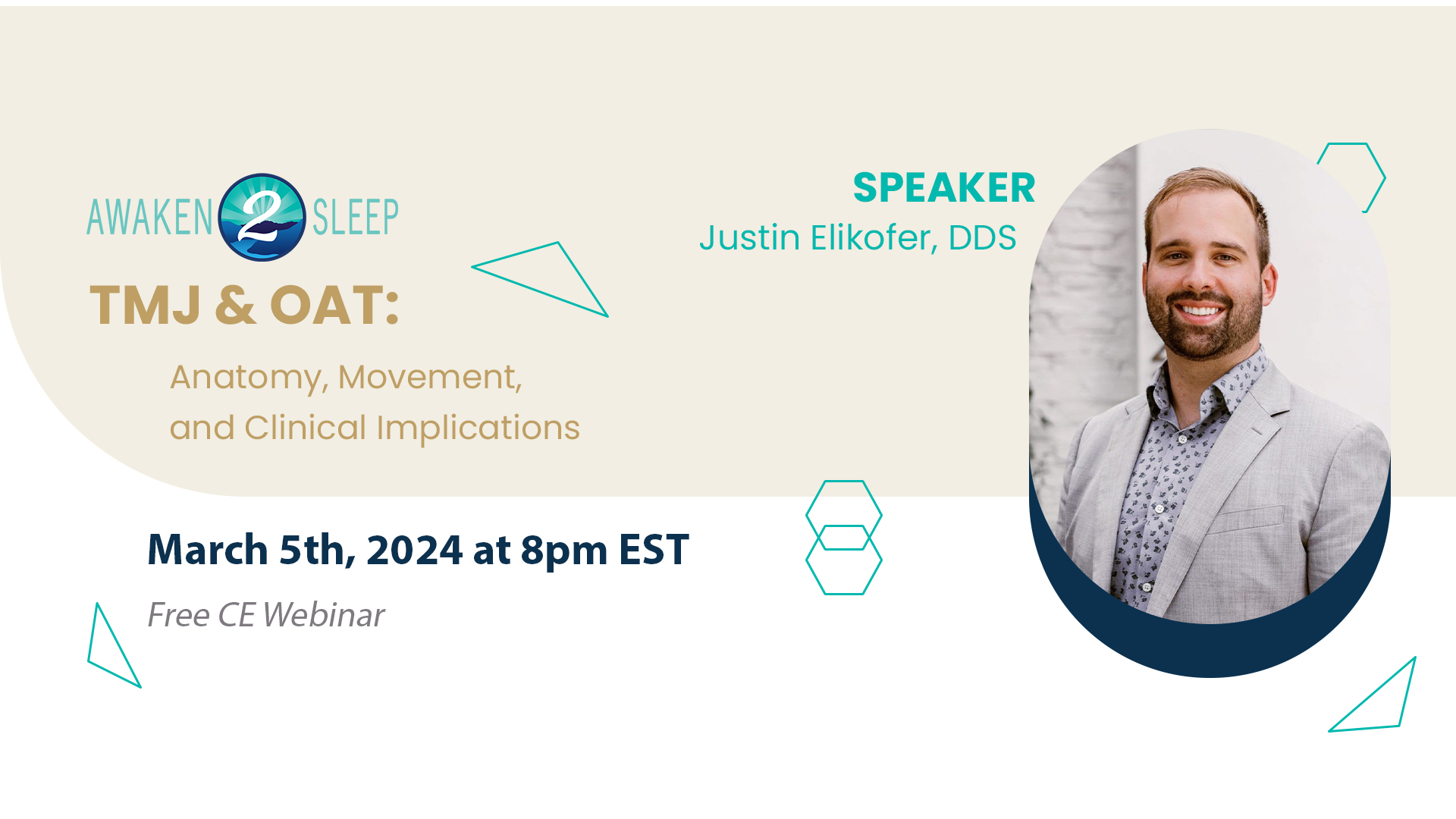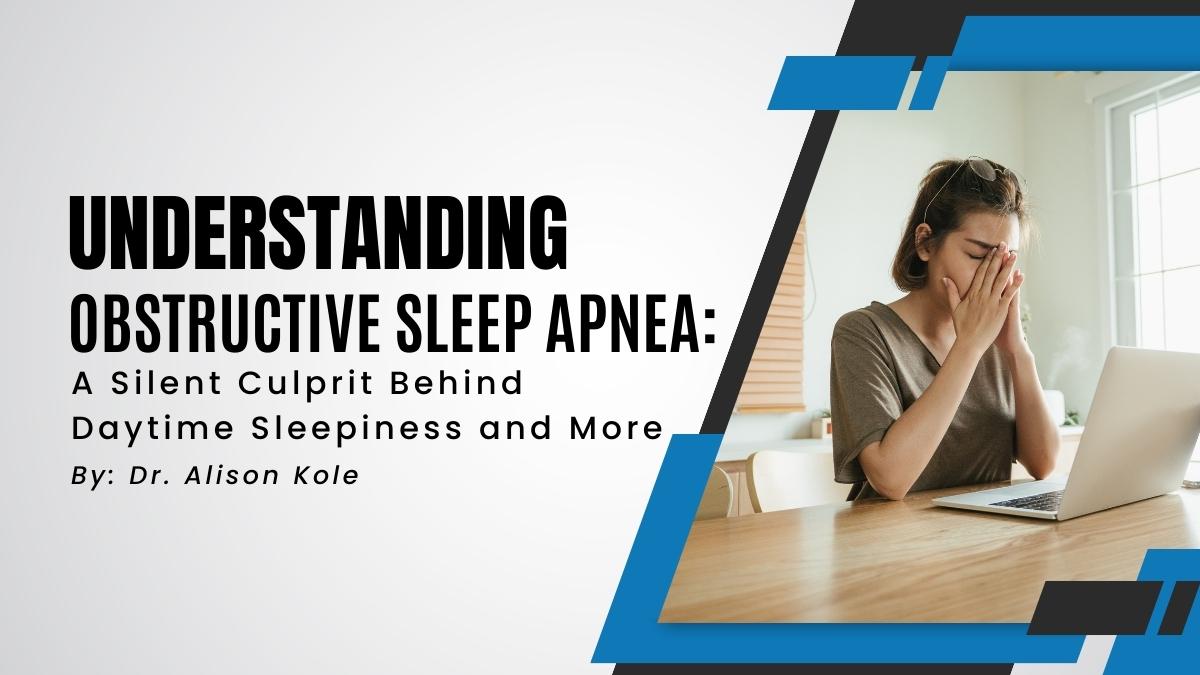By: Geoff Gilman
Don’t you hate it when someone yawns?
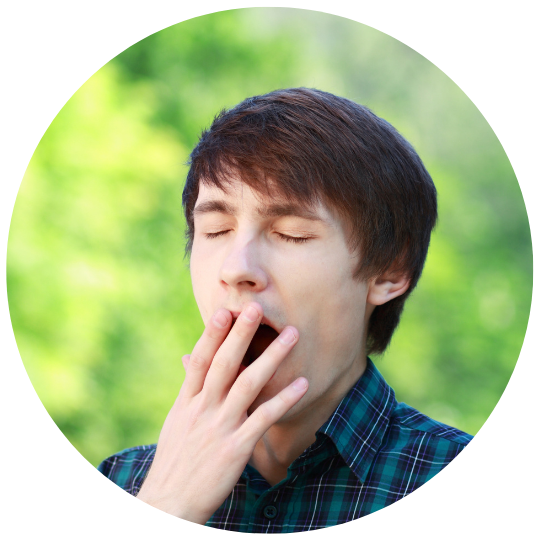
Just like clock work, when someone yawns, other people begin to yawn too. This can be annoying since we are likely going to “catch” that yawn and do so ourselves shortly after.
So, why is yawning so “contagious”?
The reason behind this actually affects those around us far more than you might think. Yawning is a social cue. When you see someone yawn, it activates a trigger in your brain that bed time is approaching and you need to start getting ready for sleep. When someone yawns, it’s not just annoying because those pesky yawns are contagious, but also because your body will then want to start winding down.
We as humans are social creatures. Our sleep is affected and dictated by many things. One primary dictator of our sleep is our circadian rhythm, along with our “pressure clock” which measures the build up of chemicals in the brain that can only be washed out when we sleep. Our environment, both social and physical, also drop cues prompting us to sleep.
Note: Though a change to our circadian rhythm is one of the primary reasons we experience jet lag, our environment is also to blame because the people around us are awake and we have not had any social cues that it’s time to sleep.
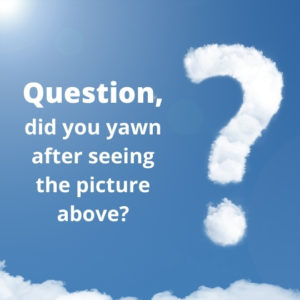
Sleep is a social behavior
Throughout human history, sleep has been a social behavior. Children quite often grew up sleeping in the same space as other children. Upon entering adulthood, most would get married and share the same space with a bed partner.
When partners co-sleep, their brains, bodies and biological rhythms become intertwined. It’s only in the last hundred years that societies, especially wealthy societies, began to sleep alone for long periods of their life thereby cutting out many social cues that would normally be present to tell their brains it’s time for bed.
Our brains are protective of Sleep
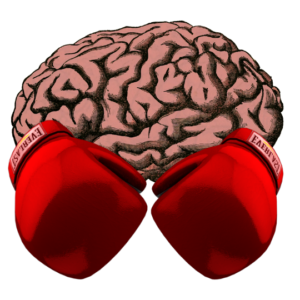
Our brains are very protective of sleep. We are now realizing just how important it is for us to get the amount of sleep we need. As addressed above, we have multiple systems that dictate we need to be sleeping. Our circadian rhythm is one of those systems, as well as our “pressure clock”, as referred to by some, which is the chemical build up of Adenosine that is flushed out upon sleep. We also have our social behaviors that contribute by cueing our brains that it is time to sleep.
Our bodies were clearly designed to get rest and these systems were put in place to protect that part of how we function.
Humans are breaking the things that help us sleep
Despite all the systems we have in place to get us to sleep properly, we still find ways to break our sleep. Specifically in the social behavior area and apart from people spending long periods of their life sleeping alone, we work long hours, exposing ourselves to offices full of people who are tired midday.
We have city lighting and cell phones and many other forms of electronic light telling our brains it’s still day. We are often exposed to lots of noise late into the night. As a society, we are severing ourselves from many of the social cues that would help us sleep.
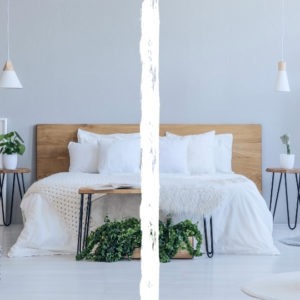
Broken Sleep Patterns Can Harm Our Social Skills
Broken sleep has a critical impact on our social lives. It would seem that sleep and our social lives have a two way street with each other. It is being found (Source) that when we are sleep deprived, our emotions can begin to suffer. That might seem like stating the obvious as we have all experienced the attitude of that grumpy person that did not get enough sleep, and we have all probably found ourselves in that same spot at some point.
However, the problem goes even deeper.
When sleep deprived, there is a disconnect between the prefrontal cortex and the amygdala. This disconnect causes an imbalance that can contribute to our negative emotions.
Even more, in this state, we have diminished emotional expressions, impaired emotion recognition, and increased emotional reactivity.

Basically, when we are tired, we fail to process our own emotions correctly, as well as the emotions of others. Then to add to it, we are more inclined to overreact to other’s emotions.
This can be an issue for our social lives since a sleep deprived individual will have a tendency to feel something is wrong when in reality nothing is wrong. It can be a misunderstanding of their own personal feelings or someone else’s.
A failure to process our emotions or other’s often leads to anxiety and anger. These often can keep us awake at night or at least hinder our sleep, leading to a lack of quality sleep.
When caught in this spiral of poor sleep and negative emotions, it can often make it hard for our brains to pick up on other social cues making it even harder for us to sleep.

